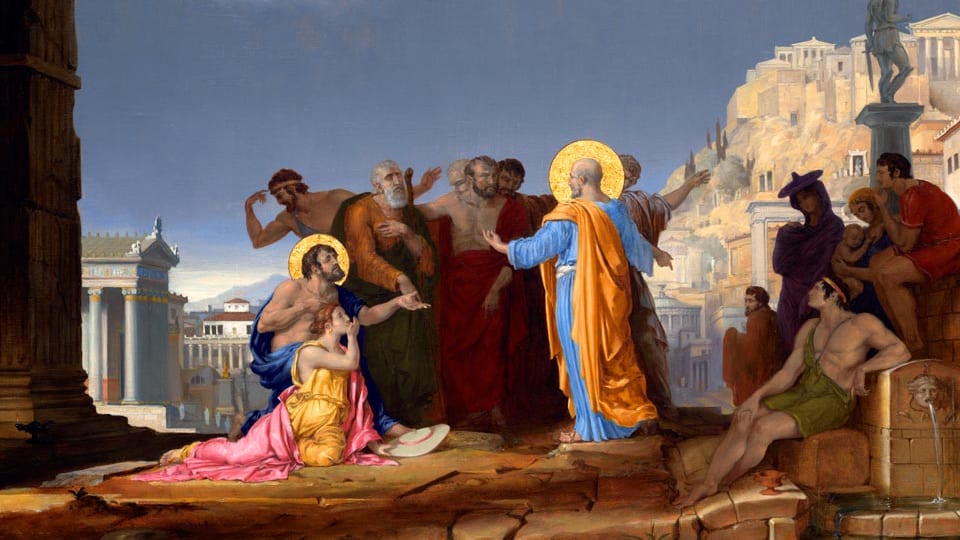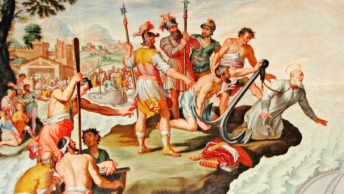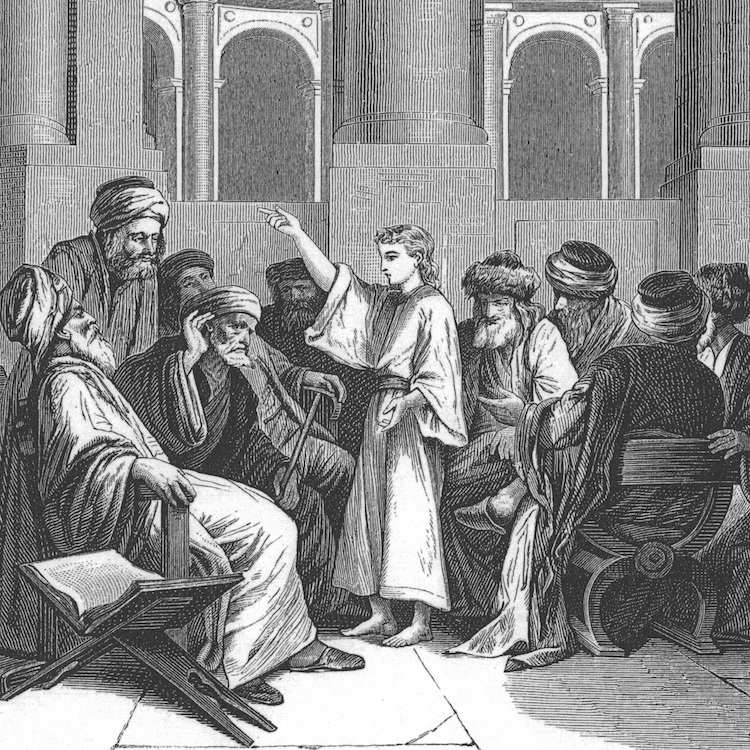The last few Sundays, the Lord has been challenging us in quite demanding ways. He has forced us to toss aside our righteous agenda, to stop relying on presumed privileges and hard-earned merits and to embrace his ways. We might still be smarting over his decision to throw the largest banquet ever and to invite all the nations of the world to it. We might still be humbled by his demand that we wear the wedding garment of his infinite mercy that covers our sinfulness, our spiritual poverty and makes us all equal, all in need of constant outpouring of grace, all precious objects of his unfailing love.
And now, on World Mission Sunday, we are ordered to be actively involved in the implementation of his plan that places us, with all our “good deeds” and pious lives, on the same level with all the nations of the world. So far, our way around World Mission Sunday has been quite simple and somewhat effective: we said a few prayers in earnest for the missions and the missionaries; we made a monetary donation to this cause, according to our means, then we went on with our life until this next time.
Well, today, our God tells us that sincere prayers and donations to the missionary cause are only the first step toward a daily commitment that involves all aspects of our life—all corners of our heart.
This World Mission Sunday must be seen as the first day in which we change our mindset for the rest of our life to be as broadminded and as magnanimous as our God is. If, for some reason, this doesn’t happen, we should realize that we have been worshipping a lesser god, a god of our making!
This mistake is common among well-intentioned believers who are convinced of possessing the whole truth and wait for others to come from the outside and join them in doing what they keep doing from within. Without considering the arrogance of such a stance, look at how flawed that way of reasoning is.
For example, the Prophet Isaiah (45:1, 4-6) notes that God has established a personal relationship with Cyrus, a pagan king who never got to know him, the true God. Not only that, but he has also anointed him, consecrated him for a special mission. The same can be said of Caesar. In the Gospel of Matthew (22:15-21) Jesus teaches us to consider the security, prosperity, and advantageous means provided us even by pagan or agnostic or nonbelieving authorities as signs of his care and presence.
Right away we would see how God’s choice, God’s embrace, and God’s predilection go not only past the limits of the old Israel but also of the new one, the Church! The 15th and 16th paragraphs of Vatican II’s Lumen Gentium, (light of the nations), list all those whom God calls into his loving embrace of salvation: no one is excluded by the very nature of our God who is boundless love.
It lists, first Catholics in good standing, then Protestants, Jews, Muslims, those who seek God, including those who strive to lead a good life even before arriving at an explicit knowledge of God. While in the Catholic Church we have the best chance of remaining in that embrace, we have also the obligation to show outwardly:
- how much we enjoy such embrace,
- how much we are grateful for being in it,
- how unworthy of it we genuinely feel,
- how open-minded, magnanimous, humble, tolerant, patient, loving, caring, forgiving it makes us,
- and how our life is constantly challenged by it.
Thus, our duty as missionaries, as disciples of Christ, as a people anointed by our God for a special task within his plan of salvation, requires genuine humility, docility and also daring, personal involvement and heartfelt caring for everyone.
Hence, it requires eloquent preaching with our lives. Day in and day out, not just on Sunday, we are to give evidence that we are living within that divine embrace and because of how much that embrace means to us we are truly unleashing the Gospel that we openly live out already.
Paul hints to this duty of ours in the opening statements of his first letter to the Thessalonians (1:1-5b). Actually, Paul goes through the dynamics of what we celebrate on World Mission Sunday.
The gospel is preached by each one of those within God’s embrace; it is preached with word, power and in the Holy Spirit with much conviction. The gospel, then, is picked up by others who, in turn, will be living it in works of faith and labors of love, while this spiritual growth is witnessed by the first ones so that a continuous hymn of thanks rises to the throne of our God from every corner of the world.
Now, if this is the explicit command of Christ, if this is the mind of our heavenly Father, if this is what the second Vatican Council has been stressing and the Popes, so often, have been urging us to do, without considering the many people in mission countries who have yet to receive the Gospel, how can we possibly not feel responsible for the fact that in our very nation so many are still unaware of God’s love for them?
Today, as we approach the table of the Eucharist which is a foretaste of Wedding Feast of Heaven, we should share in God’s sadness that so many people are yet to receive his invitation due also to our lack of direct involvement. And, we should pledge our commitment to preach God’s love with our lives so that, soon, the Wedding Banquet hall may be filled to capacity and God’s glory and love extolled by all nations.








